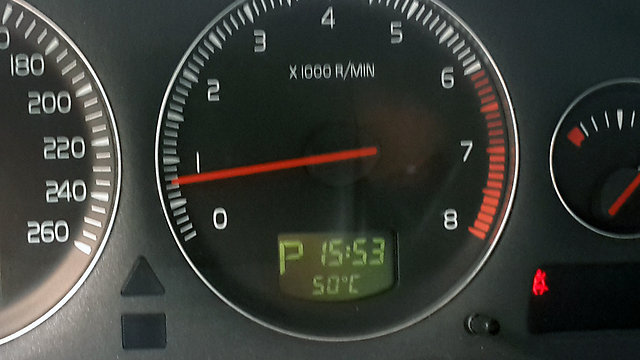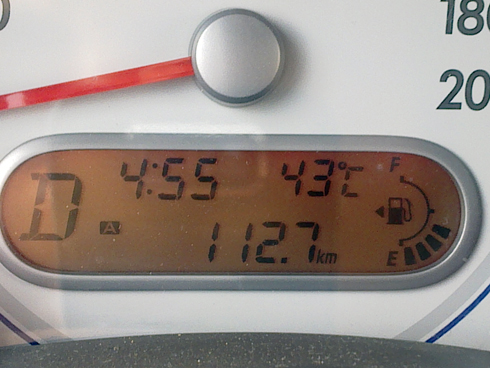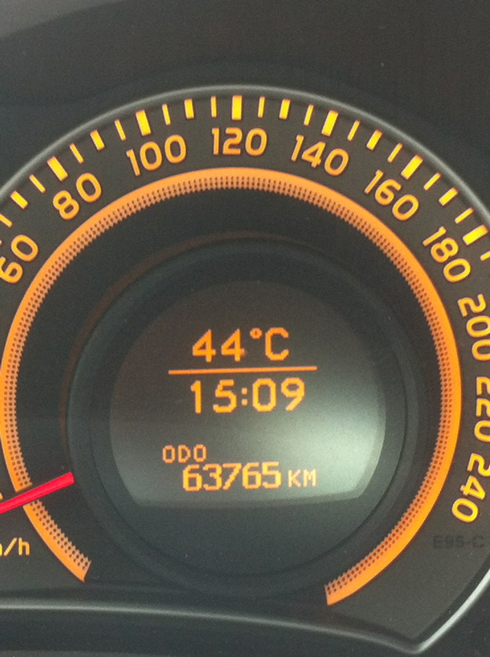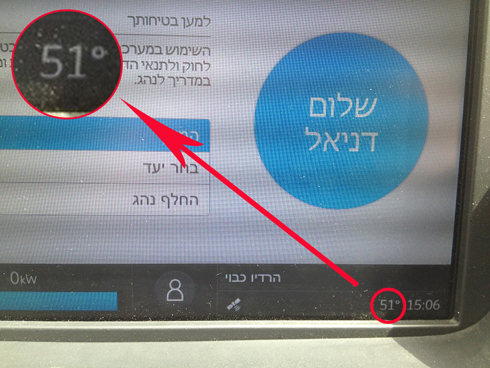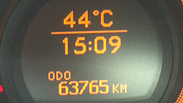
Israelis celebrating Shavuot experience extreme heat wave
Over 40 degrees Celsius registered in Beersheba, Kfar Saba and Haifa; record heat is a result of hot dry air coming from northern Africa.
An extreme heat wave struck Israel as Jews around the country celebrated Shavuot on Wednesday, breaking a seasonal record.
"We're experiencing the worst heat wave we've experienced so far in Tel Aviv," weatherman Yuval Sender said.
"Tonight is expected to be hotter than usual, and the heat wave will break near morning - first in the coastal area and then gradually in the rest of the country. The wind will grow stronger, and haziness is possible," he added.
Over 40 degrees Celsius were registered in Beersheba (42 degrees), Kfar Saba (41 degrees) and Haifa (40 degrees). Tel Aviv was not far behind with 38 degrees, while Jerusalem (34 degrees), Qatzrin (35 degrees) and Safed (34 degrees) were in the mid-30s.
Prof. Hadas Sa'aroni, a climatologist from the Department of Geography at Tel Aviv University, said the heat was caused by a hot low pressure system that moved along the north-African coast, gathering hot air and dust from the Sahara desert.
"This kind of low pressure systems are typical to the spring, and the nearer summer approach, their frequency declines. When a low pressure system like that manages to reach our area so close to the summer, the temperatures go particularly high because the land is drier compared to early springtime. As the low pressure system nears Egypt, we got the brunt of the heat," Sa'aroni explained.
Temperatures of over 41 degrees Celsius were registered in the plains on Wednesday, which were higher by 13 degrees compared to Tuesday. The high temperatures were made worse by extreme dryness.
A cool breeze was felt only right on the waterline, where temperatures dropped to 30 degrees.
"The south-eastern winds carry the hot air and dust, and air coming down from the mountains to the plains causes an additional heating, and this is why temperatures in the plains are particularly high," Sa'aroni said.
And when will this end? "The low pressure system continues moving east, and the heat wave will break near morning. The change will be drastic, but it'll be hazy," Sa'aroni said.
Due to the hot and dry weather in the Jerusalem area, there's concern of fires breaking out and spreading rapidly. The Fire Department has raised its level of alert and seven water bomber airplanes were put at the ready to be called up immediately if necessary.
Yaron Klener contributed to this report.










